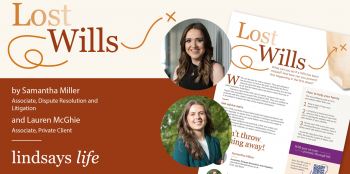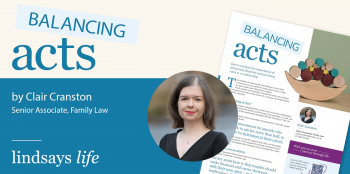Archers fans were able to breathe a sigh of relief when the criminal case against Helen Titchener came to a dramatic finale as she received an acquittal verdict from the jury. The drama continues for Helen Titchener as she tries to free herself and her sons from her abusive husband, Rob.
The radio soap’s storyline then moved to the family court to determine where the couple’s children should live. While Helen was remanded in custody her parents applied for a court order for their first grandson Henry to stay with them but the family court ruled that he should stay with Rob. Helen gave birth to her second son in prison and at the end of the trial they both returned home to her parent’s farm.
The family court then had to decide if Henry should return to his mother and whether baby Jack should stay with her. In the end, the court decided that with the help of her family, the best place for both boys was with their mother. The husband has been given very restricted contact.
Groups that work with victims of domestic violence report that in many cases an abusive partner will seek to exert further control and perpetuate abuse using contact to a child of the relationship as a means to that end.
There are significant issues the court has to deal with in a contact case when domestic abuse is involved. In Scotland, the applicable legislation specifically requires the court to consider the impact of domestic abuse on the children. The court must also think about the extent to which, if a court order is made, the parents will have to co-operate with one another.
The most common court orders regulate where a child lives – a residence order, and how often a child sees the parent he or she does not live with – a contact order. Courts can make any order it sees fit, provided it is in the best interests of the child and that it is better an order is made than no order is made. Where possible, the views of the child should be taken.
Although each case depends on its particular facts, the court’s paramount consideration is always the best interests of the child. The starting viewpoint being that this will be served by having a relationship with both parents.
Nevertheless, there are times when, for any number of reasons, the parents simply cannot agree. Many couples will try mediation to get some help in improving communication and making arrangements for the benefit of their children. Often mediation will work well and the court does not have to make any orders at all. In other cases, the court may refer a couple to mediation and the outcome there will be far better for the child involved than if the case had gone through the court process.
In an ideal world it would be the parents, after a separation, who make decisions on where their children live and what the contact arrangements will be. Happily, in many cases the parents are successful in doing so and solicitors are not even involved, never mind the court.
Sadly in real life, sometimes the differences between the parents may be so pronounced that they need the court to make a decision on the issues between them, or it could be a situation like Rob and Helen’s.








